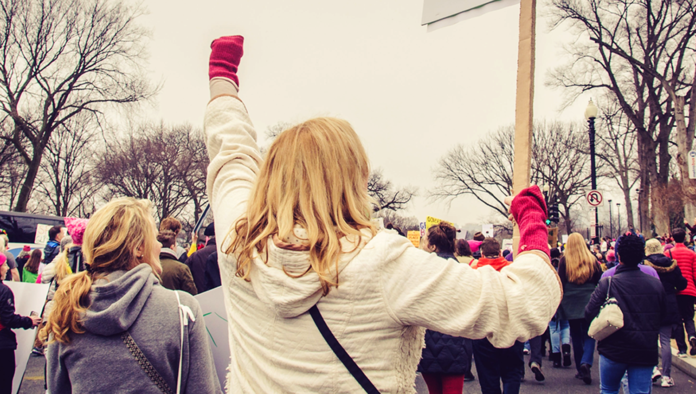The Bee Explains: Identity Politics

What does “identity politics” mean?
“Identity politics” is the term given to a popular practice in which politicians divide people into group identities and inform them that they’re victims of a shadowy, systemic, oppressive power structure, and anyone who disagrees with them on any social issue is not an individual with valid ideas worth considering but is bigoted, full of hate, and wants them and everyone in their group to die a terrible death.
Why do politicians encourage identity politics?
To position themselves at the top of the actual societal power structure.
What are some examples of identity politics?
The idea that being against abortion means you’re “anti-women,” for example. Or that being against the Obergefell decision makes one “homophobic.” Or that having a different view on immigration makes one “racist.” Or that thinking there are inherent differences between males and females makes one “sexist.”
You didn’t mention transgender people in your examples. Are you transphobic?
See, you’ve got it.
Why would people want to label those who disagree with them horrible things in order to not have to listen to what they say?
Have you ever tried to have a discussion with someone you don’t agree with? It’s very triggering.
This seems to be at odds with the important virtues of free speech, due process, and individual rights.
Oh, but it feels so good.
Has there been much pushback against the practice of identity politics?
Yes. One example is sitting in the Oval Office.
Have we seen the political ideal that “the group” is more important than “the individual” implemented on a large scale before?
There are a few examples from the 20th century that you learned about in world history class.
I don’t agree with The Babylon Bee‘s analysis of identity politics.
Then you are brimming with deep-seated hatred for Christianity and your opinion doesn’t matter. Good day!





Comments are closed.